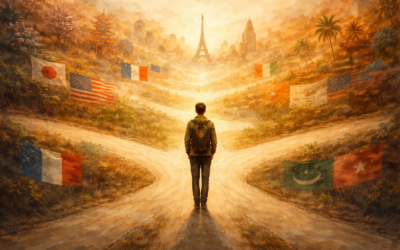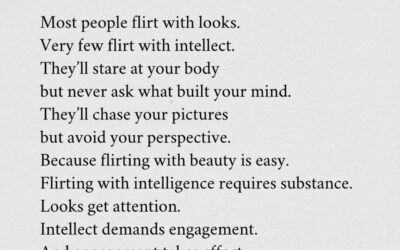Love Is Blind hooks me because it’s less about spectacle and more about watching people choose between performance and truth, between the safety of approval and the risk of being seen. The moment someone says, “I’m afraid I’m not enough,” everything shifts, connection starts where pretending ends.
What keeps the couples isn’t chemistry; it’s self-awareness, boundaries, and the courage to repair when it’s easier to retreat. Attachment patterns don’t disappear in the pods, anxious clings, avoidant withdraws, and secure steadies but naming the pattern gives love a fighting chance. Culture doesn’t sit quietly either; family scripts, social expectations, and community norms can amplify doubt or deepen resolve, and discerning which voice is yours is the real work.
Authenticity isn’t free, but it’s not expensive: it costs the comfort of performance and the illusion of control. Resentment breeds where we self-abandon, and conflict blooms where unspoken needs go to hide; vulnerability is the antidote because it trades guessing for truth. Readiness matters, too – love can’t patch the holes self-awareness refuses to see, and saying “not yet” can be the most loving act of all.
Maybe that’s why this show warms me: it’s a rehearsal for choosing honesty over spectacle, care over control, and presence over prediction.
If love is a risk, then being fully seen is the bravest bet two people can place, no rings required.




0 Comments